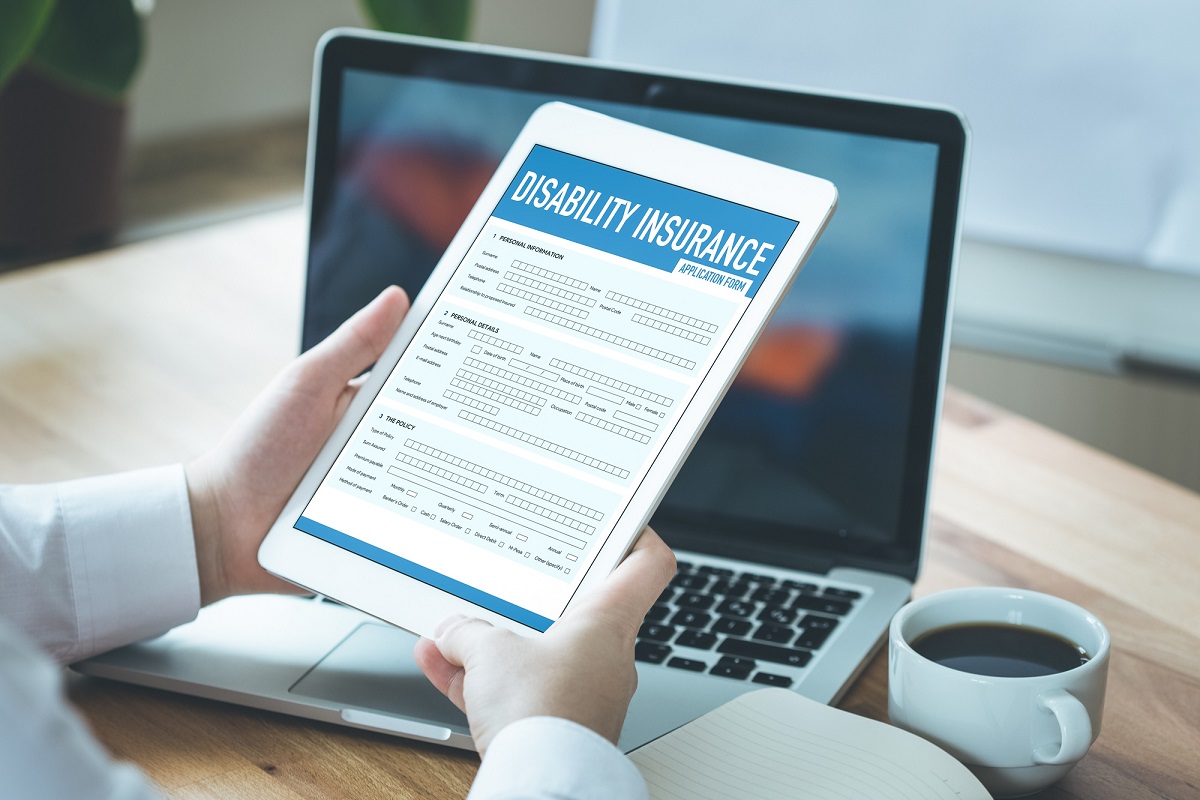Contents of this Post
ToggleThe realm of personal injury law and workers’ compensation claims can often feel like an intricate labyrinth for most. This complexity increases tenfold when understanding permanent disability compensation.
However, it’s an essential facet of the system that seeks to alleviate financial burdens for people unable to do their jobs due to injuries or illness. Furthermore, Forbes Advisor reports that there are 48.9 million individuals with disability in the United States alone.

They explain that both temporary and permanent conditions fall under this statistic. But, no matter what kind of disability you have, you are entitled to compensation. The information below aims to demystify this concept, highlighting its importance, eligibility, the application process, and benefits, so keep reading:
What Is Permanent Disability Compensation?
As a provision under workers’ compensation and disability insurance laws, it aims to provide financial relief to individuals who have experienced a severe injury or illness. Mainly when the cause of the disability was at the workplace, rendering them unable to continue their work permanently.
This monetary assistance, like getting SLU award, aims to replace some of the wages you might have earned if the injury or illness hadn’t interrupted your work life. It serves as a crucial support system for individuals facing disabilities. Moreover, it assists in maintaining financial stability, allowing individuals to focus on recovery and adapt to their new reality.
Understanding Eligibility
Not every injury or illness qualifies for permanent disability compensation. There are specific criteria you must meet to be eligible. Carefully read through the list below and familiarize yourself with these indicators before applying for compensation:
- Work-Related Injury Or Illness: The Injury or illness must have occurred during employment or as a direct result of job duties.
- The Severity Of The Condition: The condition must be severe enough to prevent you from returning to your job or performing any gainful work. It’s important to note that ‘permanent disability’ doesn’t always mean the complete loss of working ability, but it does refer to a significant, long-term reduction in your income.
- Medical Verification: There must be substantial medical evidence that supports the claim of permanent disability. It usually includes detailed doctors’ reports, diagnoses, prognoses, and treatment plans.
Before starting the process of applying for permanent disability compensation, gather the needed information. It could significantly ease the filing and approval of your request. A workers comp doctor can be a valuable resource, providing medical documentation and assessments of your condition.
Once you have all the necessary documentation, submit your application accurately and on time. Be prepared for a potential medical evaluation during the claims process, and always follow your doctor’s recommendations. Stay informed about your claim’s progress and any developments, with the assistance of an attorney if needed.
Filing For Permanent Disability Compensation
Initiating a claim for permanent disability compensation requires a detailed understanding of the process and the patience to navigate bureaucratic red tape, which is disability law. Furthermore, filing could differ between regions, so make sure that you contact a knowledgeable professional in your area for more guidance.
However, following the general steps below may prepare you for this process:
- Notify Your Employer: Inform your employer immediately about your injury or illness. Most states have strict timeframes within which you must report these incidents.
- Seek Medical Treatment: Immediate medical attention is critical. Besides ensuring your well-being, it also provides the medical evidence needed for your claim.
- File A Claim: Complete the claim form your employer or insurance company provided. Be thorough and precise in explaining the incident and its impact on your ability to work. A lawyer for long-term disability can assist you in understanding your rights, gathering necessary medical documentation, and ensuring that your claim is accurately and effectively presented to maximize your chances of approval.
- Medical Examinations And Evaluations: You’ll likely need to undergo a further medical assessment to establish the severity of your disability. Remember to attend every appointment and submit the paperwork to support your claim.
- Await Decision: The workers’ compensation insurer will now review your claim. The decision can take several weeks or even months, depending on the complexity of your case. They will notify you of the following steps as soon as they conclude. Alternatively, they could request more information, documentation, or an interview with you to complete your case.
The process may be lengthy and complex for some, while others experience a smoother and more straightforward application. For those who need to prove total permanent disability, the road ahead is longer than for temporary disability cases.
Nevertheless, you must follow the necessary steps and comply with the insurers’ requests for the best possible outcome.
The Benefits Of Permanent Disability Compensation
When your claim for permanent disability compensation is approved, insurance providers or compensation authorities typically base your financial benefits on a percentage of your pre-injury wages. This amount aims to offset the lost earnings and provide for necessities.
Individuals can also sometimes receive additional benefits that may include:
- Medical Expense Coverage: Most permanent disability benefits include coverage for ongoing medical expenses related to injury or illness.
- Vocational Rehabilitation: Some programs may offer vocational rehabilitation services to help you acquire new skills and return to gainful employment, where possible.
Remember, securing permanent disability compensation can be challenging. But with due diligence, patience, and in some cases, the assistance of a workers’ comp lawyer, you can navigate this journey. And while it may never replace the ability to work, experts at Nolo report that it could leave you with less stress and a higher payout.
More importantly, it provides a vital safety net for those facing life-changing injuries or illnesses.
Timelines for permanent disability compensation vary depending on factors such as jurisdiction, case complexity, and system efficiency. The process begins with reporting the work-related injury or illness to your employer within a specified timeframe.
After reporting, you undergo a medical evaluation and receive treatment, typically promptly. Reviewing your claim by the workers’ compensation insurance company can take a few weeks to several months. If your claim is approved, you might receive temporary disability benefits during your recovery, typically within a few weeks. A medical evaluation to determine permanent disability extent occurs months after the initial injury, followed by rating and compensation calculations within a few months.
After receiving the notification of your approved permanent disability award, your first payment should arrive within weeks to a couple of months. In case of disputes or disagreements, the appeals process can significantly extend the timeline, potentially taking several months or even years. Ongoing benefits, if required, can continue for an extended period or the rest of your life.
Conclusion
Understanding Permanent Disability Compensation is crucial for those grappling with severe injuries or illness due to work. Although the process may seem daunting, armed with knowledge and the proper support, you can navigate the complexities to secure your financial future. Despite the challenging circumstances, it’s essential to remember that help is available, and you’re not alone in this journey.

